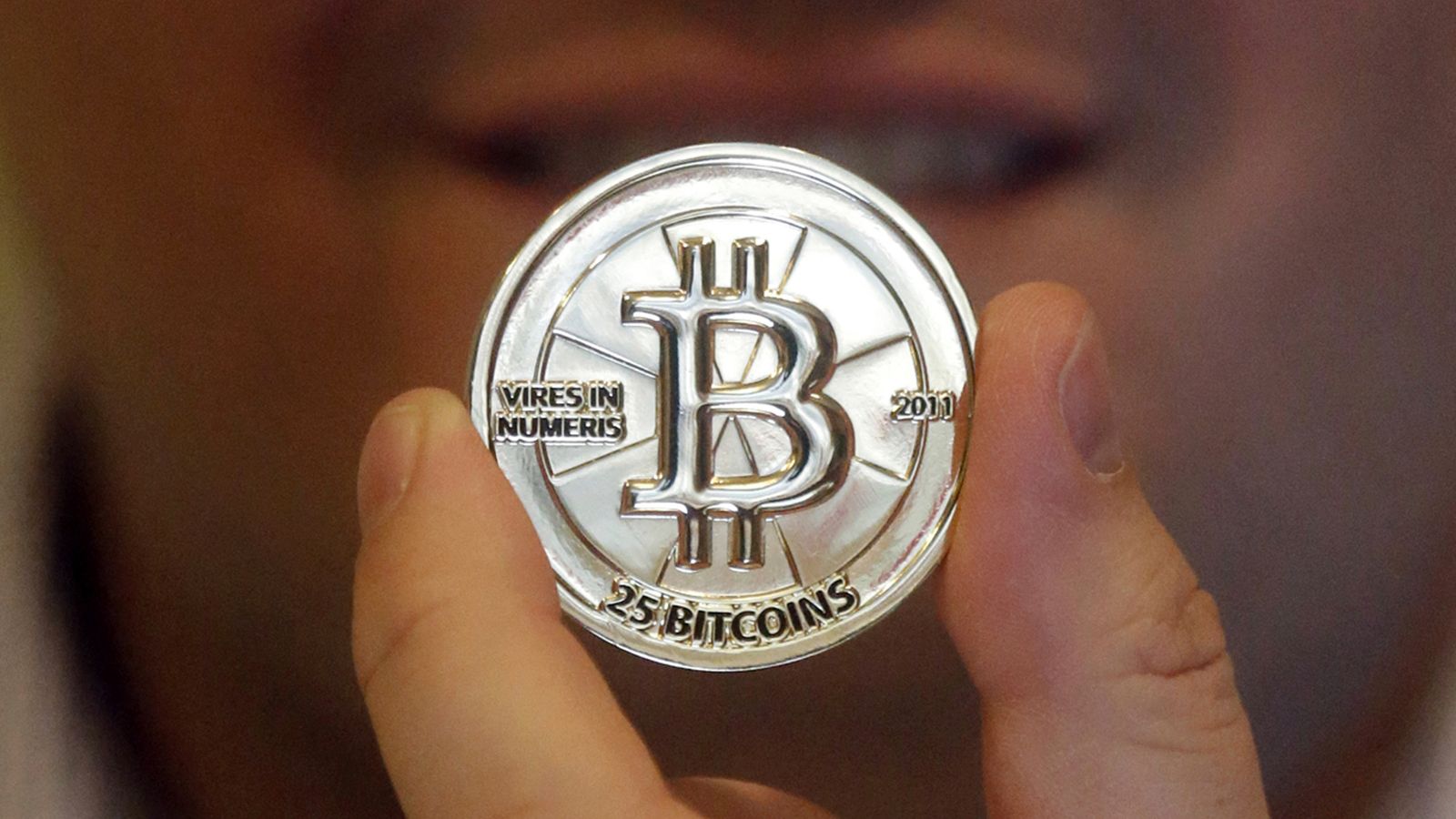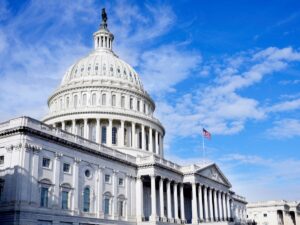Bitcoin Surges to $120,000: Analyzing the Capitalist Crisis Impact

bitcoin Surges Amid Legislative Push for Crypto Deregulation
bitcoin‘s Recent Price Surge
This week, bitcoin, the foremost cryptocurrency, experienced a remarkable increase, reaching a peak of $123,000 before stabilizing around $120,000. This represents a 9% rise within a week and a staggering 76% increase since the election of former President Trump last November. The surge is largely attributed to growing interest from institutional investors and expectations of relaxed regulations under the current administration.
- bitcoin‘s Recent Price Surge
- The Speculative Nature of Cryptocurrency
- Legislative Developments in Crypto Regulation
- The GENIUS Act: A Step Toward Looser Regulations
- Trump’s Financial Interests in Crypto
- The Clarity Act and Its Implications
- Opposition and Concerns
- The Anti-CBDC Surveillance State Act
- The Risks of a Deregulated Crypto Market
- The Broader Economic Context
- Conclusion: A Call for Political Action
The Speculative Nature of Cryptocurrency
The dramatic rise in bitcoin‘s value highlights the speculative nature of the cryptocurrency market, which many critics argue is akin to a Ponzi scheme. The value of cryptocurrencies is primarily derived from extensive computational processes that lack intrinsic worth, reflecting a broader speculative frenzy within the global capitalist system.
Legislative Developments in Crypto Regulation
As significant amounts of capital flow into the cryptocurrency sector, three major legislative proposals are advancing through Congress, coinciding with what has been termed “Crypto Week.” These measures aim to transform the United States into a hub for cryptocurrency, aligning with Trump’s vision of establishing the nation as the “crypto capital of the world.” Critics argue that these policies primarily serve to enrich the financial elite and corporations.
The GENIUS Act: A Step Toward Looser Regulations
The Guiding and Establishing National Innovation for US Stablecoins (GENIUS) Act seeks to regulate stablecoins—digital currencies pegged to the US dollar. Rather than imposing stricter controls, the legislation aims to facilitate the issuance of cryptocurrencies by corporations and major financial entities, responding to complaints from crypto advocates about regulatory interference from the Securities and Exchange Commission (SEC).
Trump’s Financial Interests in Crypto
Trump has a vested interest in the crypto legislation, having launched his own meme coin, $TRUMP, which is not backed by any tangible assets. Additionally, World Liberty Financial, where he serves as “chief crypto advocate,” has introduced a dollar-pegged stablecoin valued at approximately $2.15 billion. Estimates suggest that Trump’s crypto ventures have significantly boosted his net worth.
The Clarity Act and Its Implications
The Clarity Act, pending Senate approval, aims to limit the SEC’s authority over the cryptocurrency market. Former SEC Chairman Gary Gensler had previously posed challenges to crypto operators, but with his departure, regulatory actions against crypto firms have diminished.
Opposition and Concerns
While some Democrats have expressed concerns about the potential risks associated with cryptocurrencies, including a lack of investor protections, the party has largely supported the legislation. House Democrat Stephen Lynch has warned that the volatile nature of crypto products could have severe consequences for American investors.
The Anti-CBDC Surveillance State Act
Another significant piece of legislation, the Anti-CBDC Surveillance State Act, seeks to prevent the Federal Reserve from issuing a central bank digital currency (CBDC). Proponents argue that a CBDC could lead to government surveillance of financial activities, but critics contend that the real motivation is to allow private crypto operators to operate without restrictions.
The Risks of a Deregulated Crypto Market
These legislative efforts are designed to attract new investments into the cryptocurrency market, particularly from smaller investors and the working and middle classes. However, the lack of underlying assets in cryptocurrencies raises concerns about the sustainability of their value, which relies on continuous inflows of capital.
The Broader Economic Context
The current push for crypto deregulation echoes the financial crises of the past, particularly the 2008 collapse driven by risky banking practices. Unlike previous speculative bubbles, the cryptocurrency market is based on entirely fictitious assets, raising the specter of a potential crisis with far-reaching implications for the economy.
Conclusion: A Call for Political Action
As the cryptocurrency landscape evolves, growing opposition to the Trump administration’s policies is becoming evident. The central challenge remains to mobilize this emerging resistance around a political agenda that advocates for the overthrow of capitalism and the establishment of a socialist framework, positioning a revolutionary party as the leader of this necessary struggle.







